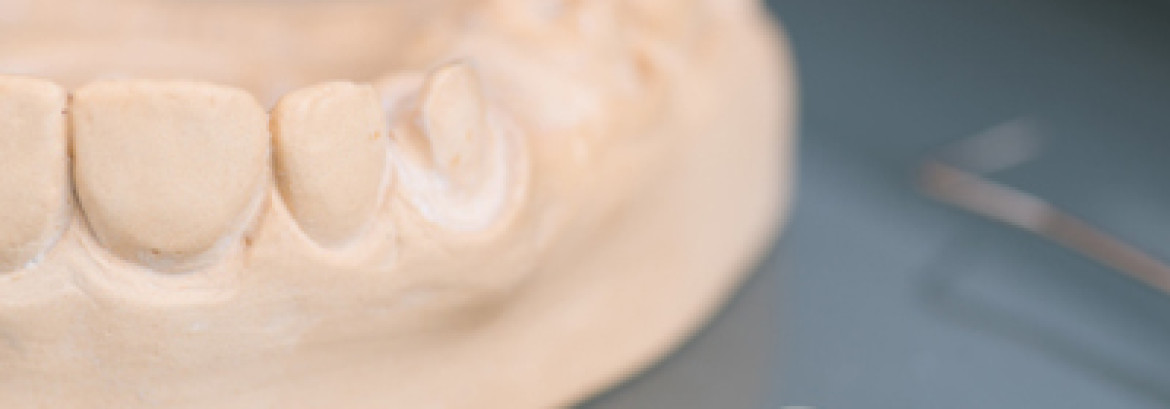As a family and cosmetic dentist in Eugene, OR, Dr. Rita Feldmanis strives to help educate her patients on the potential risks their oral and overall health can face. Tooth decay and gum disease have been linked to increasing your risk for a variety of chronic illnesses, including heart disease, stroke, dementia, cancer and diabetes. Now a new study suggests that tooth loss may also increase the risk of stroke and death among patients suffering from coronary heart disease (CHD).
A combined effort between researchers at Duke University Medical Center and Uppsala University, the study was published in the European Journal of Preventive Cardiology.
A Serious Side of Tooth Loss
As part of their study, researchers examined over 15,000 patients from 39 countries that suffered from controlled CHD, a group that included prior revascularization, prior myocardial infarction or multi-vessel CHD. As a baseline, each study participant reported the number of teeth he or she had remaining. The study then monitored each participant for an average of 3.7 years. During the follow up, over 1,500 major cardiovascular events occurred, resulting in 301 strokes, 705 cardiovascular deaths and over 1,100 deaths as the result of any cause.
Researchers then examined possible links between self-reported tooth loss and cardiovascular outcomes, as adjusted by socioeconomic status and known cardiovascular risk factors. Depending on the number of teeth each participant had remaining, each participant was placed in one of five groups. The participants with the fewest remaining teeth were typically female, smokers, older, less active and more likely to suffer from high blood pressure, diabetes and lower overall education.
Researchers discovered that participants with no remaining teeth were 27 percent more likely to suffer from a cardiovascular event, 85 percent more likely die from complications caused by CHD, 81 percent more likely to die for any reason and 67 percent more likely to suffer a stroke when compared to participants with all of their teeth. An individual’s risk was fairly linear, as well, rising roughly 6 percent for every tooth lost.
While researchers were quick to point out that their study did not prove that gum disease directly causes adverse effects in patients with CHD, they do remain hopeful that the number of teeth a patient has lost can be used as an early warning sign for his or her long-term health.
Preventing Tooth Loss
Considering the risks associated with poor oral health, scheduling regular visits to see a family and cosmetic dentist in Eugene, OR like Dr. Feldmanis can have a far greater impact on your health than just ensuring strong teeth and healthy gums. Tooth decay and gum disease are very treatable before they advance to the point of tooth loss, but only if a patient receives the dental care they require. Putting off going to visit the dentist until a problem arises only places your health at great jeopardy in the long run.
Don’t wait until it’s too late. Make your oral health a top priority in the now so you can enjoy the best future possible.


Sorry, comments are closed for this post.